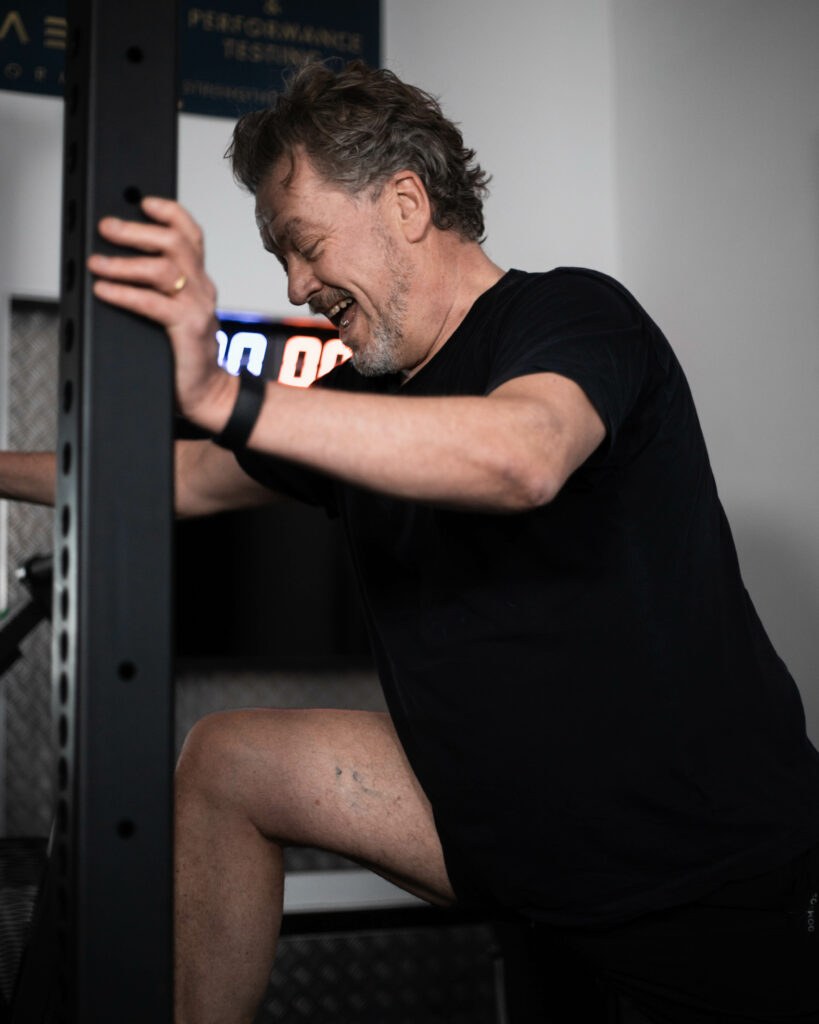In the world of sports, injuries are an inevitable reality, often causing a significant impact not only on the physical health but also on the emotional well-being of athletes. Understanding the physiological responses to sporting injuries and how they intertwine with emotional reactions is crucial for effective injury management and rehabilitation. This article delves into the intricate connection between physiological responses and emotional reactions to injuries in athletes, offering insights into coping mechanisms and recovery strategies.

What Are the Physiological Responses to Sporting Injury?
Sports injuries trigger a cascade of physiological responses within the body, involving intricate processes of inflammation, tissue repair, and remodeling. These responses are essential for initiating the healing process and restoring the injured tissue to its optimal function.
How Do Emotional Reactions Influence the Healing Process?
Emotional reactions play a significant role in the recovery journey of athletes. Fear, frustration, and anxiety can impact pain perception, adherence to rehabilitation protocols, and overall recovery outcomes. Understanding the interplay between physiological responses and emotional reactions is vital for promoting holistic healing.
What Are the Common Emotional Reactions to Sports Injuries?
Athletes may experience a range of emotional responses following a sports injury, including shock, denial, anger, sadness, and even depression. These reactions are often influenced by factors such as the severity of the injury, anticipated time for recovery, and perceived impact on performance and future career.
Coping Mechanisms for Dealing with Emotional Reactions to Sports Injuries
Effective coping mechanisms are essential for managing emotional distress and promoting psychological resilience during the recovery process. Strategies such as social support, positive reframing, goal setting, and relaxation techniques can help athletes navigate the emotional challenges associated with sports injuries.
Returning to Sport: Balancing Physical Recovery with Emotional Readiness
The decision to return to sport following an injury involves a delicate balance between physical readiness and emotional preparedness. Rushing the return without addressing underlying emotional concerns can increase the risk of re-injury and hinder long-term performance.
The Role of Sport Psychology in Injury Rehabilitation
Sport psychologists play a crucial role in supporting athletes through the emotional challenges of injury rehabilitation. Through counseling, cognitive-behavioral interventions, and mental skills training, sport psychologists help athletes develop resilience, cope with setbacks, and optimize performance post-injury.
Preventive Strategies: Reducing the Risk of Sports Injuries and Emotional Distress
While some sports injuries are unavoidable, preventive strategies such as proper warm-up, conditioning, technique refinement, and adequate rest can help minimize the risk of injury occurrence. By reducing the likelihood of injury, athletes can also mitigate the emotional toll associated with being sidelined.
Seeking Professional Help: When to Consult a Sport Psychologist or Mental Health Professional
Recognizing the signs of significant emotional distress and seeking professional help is essential for athletes struggling to cope with the psychological impact of sports injuries and return to play. Sport psychologists and mental health professionals can provide tailored interventions to address emotional concerns and support overall well-being.
Long-term Effects: Addressing Emotional Residue from Past Sports Injuries
Even after physical recovery, athletes may continue to experience emotional residue from past sports injuries, such as fear of re-injury, performance anxiety, or lingering psychological trauma. Acknowledging and addressing these issues is crucial for promoting long-term mental health and athletic success.
The Journey of Resilience: Embracing Challenges and Thriving Beyond Sports Injuries
While sports injuries can be daunting, they also present opportunities for growth, resilience, and self-discovery. By embracing challenges, cultivating a positive mindset, and leveraging support networks, athletes can emerge stronger, both physically and emotionally, from the adversity of sports injuries.
In summary, the physiological responses to sporting injuries are intricately intertwined with emotional reactions, shaping the recovery journey of athletes. By understanding these dynamics and implementing effective coping strategies, athletes can navigate the challenges of sports injuries with resilience and optimism, ultimately returning to sport stronger than before.
